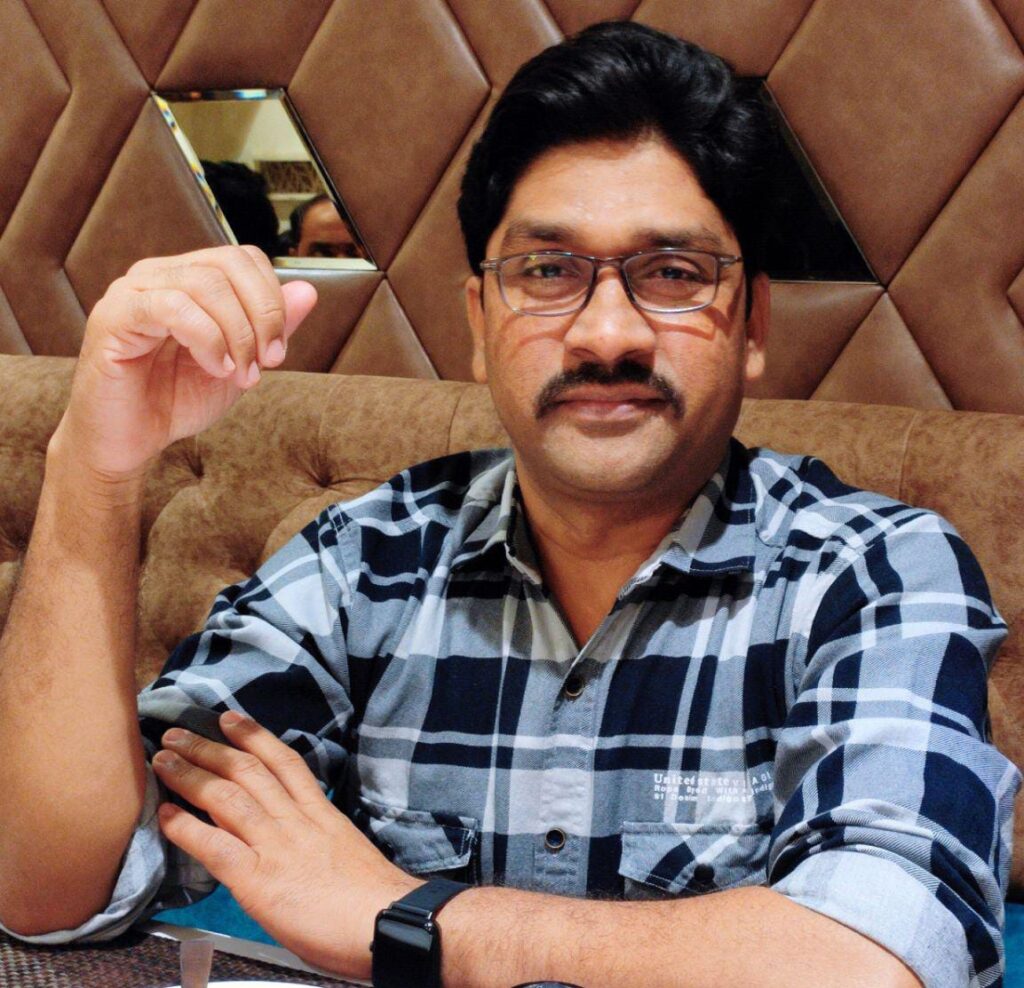Introduction:
The World-famous General Will Concept In the realm of political philosophy, few concepts have garnered as much attention and debate as Jean-Jacques Rousseau’s idea of the “General Will.” Rousseau, an 18th-century philosopher, sought to reconcile the tension between individual freedom and the common good within society. Through his influential work, “The Social Contract,” he introduced the notion of the General Will as a fundamental principle for achieving collective harmony. In this blog, we delve into Rousseau’s concept of the General Will, its significance, and its implications for modern societies.
Table of Contents:
- Defining the General Will:
- Key Characteristics:
- Critiques and Interpretations:
- Modern Relevance:
- Conclusion:
Defining the General Will:
At its core, the General Will embodies the collective interest or common good that arises when individuals come together as members of society. According to Rousseau, the General Will represents the true essence of a democratic society, transcending the mere summation of individual wills. It encompasses the shared values, aspirations, and needs of the community, aiming to promote overall welfare and preserve the social order.
Key Characteristics:
Universality: The General Will applies to all members of society, regardless of their desires or preferences. It represents the common good that supersedes individual interests and fosters a sense of unity and solidarity among citizens.
Rationality: Rousseau posited that the General Will is guided by reason, emphasizing the importance of impartial decision-making. By engaging in rational discourse and debate, individuals can collectively arrive at decisions that align with the best interests of the community.
Non-Aggregation: The General Will cannot be reduced to a mere aggregation of individual wills or majority opinion. It is not determined by simply counting votes or following the preferences of the majority. Instead, it embodies a shared vision that transcends individual opinions, considering what is best for the whole society.
Moral Legitimacy: According to Rousseau, the General Will carries moral authority and is inherently just. It derives its legitimacy from the consent and participation of all members of society. Therefore, any laws or policies that align with the General Will are seen as fair and just, while those contrary to it are deemed illegitimate.
Implications for Governance:
Rousseau believed that the General Will should serve as the guiding principle for the design of political institutions and the exercise of political power. To ensure that the General Will prevails, Rousseau advocated for a form of direct democracy, where citizens actively participate in decision-making processes. He argued that representative democracy, which emerged later, could lead to a detachment between the rulers and the General Will, potentially undermining the true interests of the people.
Critiques and Interpretations:
Rousseau’s concept of the General Will has faced criticism and sparked lively debates among scholars and political theorists. Some argue that determining the General Will can be challenging, as it may be subject to manipulation or domination by powerful factions. Others question whether the General Will can truly reflect the diverse needs and values of a complex society.
Furthermore, interpreting the General Will can be a matter of interpretation, leaving room for potential abuse or misrepresentation. Critics claim that the General Will may justify the imposition of majority rule on minority groups, potentially leading to the suppression of individual liberties and rights.
Modern Relevance:
Despite the challenges and criticisms, Rousseau’s concept of the General Will continues to resonate in contemporary political discourse. The pursuit of the common good and the balance between individual freedom and collective interests remain key challenges for democratic societies worldwide.
While modern democracies often rely on representative systems, Rousseau’s emphasis on citizen engagement and the need for continuous dialogue between the rulers and the ruled serve as a reminder that the General Will should never be taken for granted.
In conclusion, Jean-Jacques Rousseau’s concept of the General Will offers a compelling framework for achieving collective harmony within a society. It emphasizes the importance of considering the common good above individual desires and preferences. The General Will is a universal and rational principle that guides decision-making, transcending mere majority opinion. It carries moral legitimacy and is seen as just and fair. While Rousseau’s ideas have faced criticism and challenges, they continue to provoke meaningful discussions on the nature of democracy and the balance between individual freedom and collective interests. The concept of the General Will remains relevant in contemporary political discourse, reminding us of the importance of citizen engagement and continuous dialogue between the rulers and the ruled to ensure the well-being of society as a whole.
People Also Read: Rousseau’s Theory of the Social Contract










